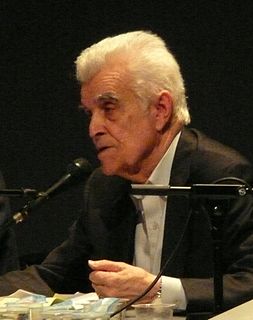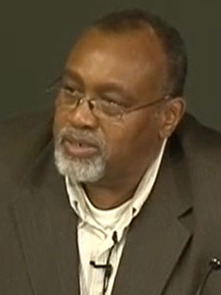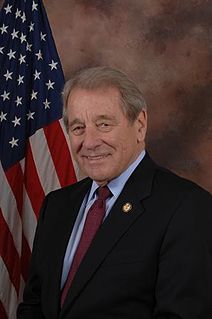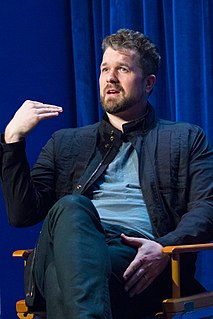A Quote by Michelle Singletary
Policy changes like what you desire come from our politicians. So let them know what you think.
Related Quotes
Ideas are floating like fish. Desire for an idea is like a bait on a hook. If you desire an idea, it pulls and it makes a kind of a bait. Ideas will come swimming up. And you don't know them until they enter the conscious mind. And then bingo! There it is! You know it instantly. And then more come in. If you go fishing for ideas, a lot of ideas will just pop in. And one of them will make you fall in love.
Stories are there to be told, and each story changes with the telling. Time changes them. Logic changes them. Grammar changes them. History changes them. Each story is shifted side-ways by each day that unfolds. Nothing ends. The only thing that matters, as Faulkner once put it, is the human heart in conflict with itself. At the heart of all this is the possibility, or desire, to create a piece of art that talks to the human instinct for recovery and joy.
Three strikes' laws make no sense as policy. They are more about the politicians responding to the people's desire to see their fury at social dysfunction reflected in the law. Our sentences are way too long. We need to look at the war on drugs, which is to say we need to look and this is easier said than done. Once again, politically, not an easy lift at all. Nevertheless, our policy is self-defeating. We're not keeping people from using the substances. We're creating a huge black market, just like we did under prohibition, which attracts all kinds of criminal enterprise.
Some blame the drug companies. I don't. They are corporations. Their managers are ordered by law to make money for the corporation. They push a certain patent policy not because of ideals,but because it is the policy that makes them the most money. And it only makes them the most money because of a certain corruption within our political system-a corruption the drug companies are certainly not responsible for. The corruption is our own politicians' failure of integrity.

































